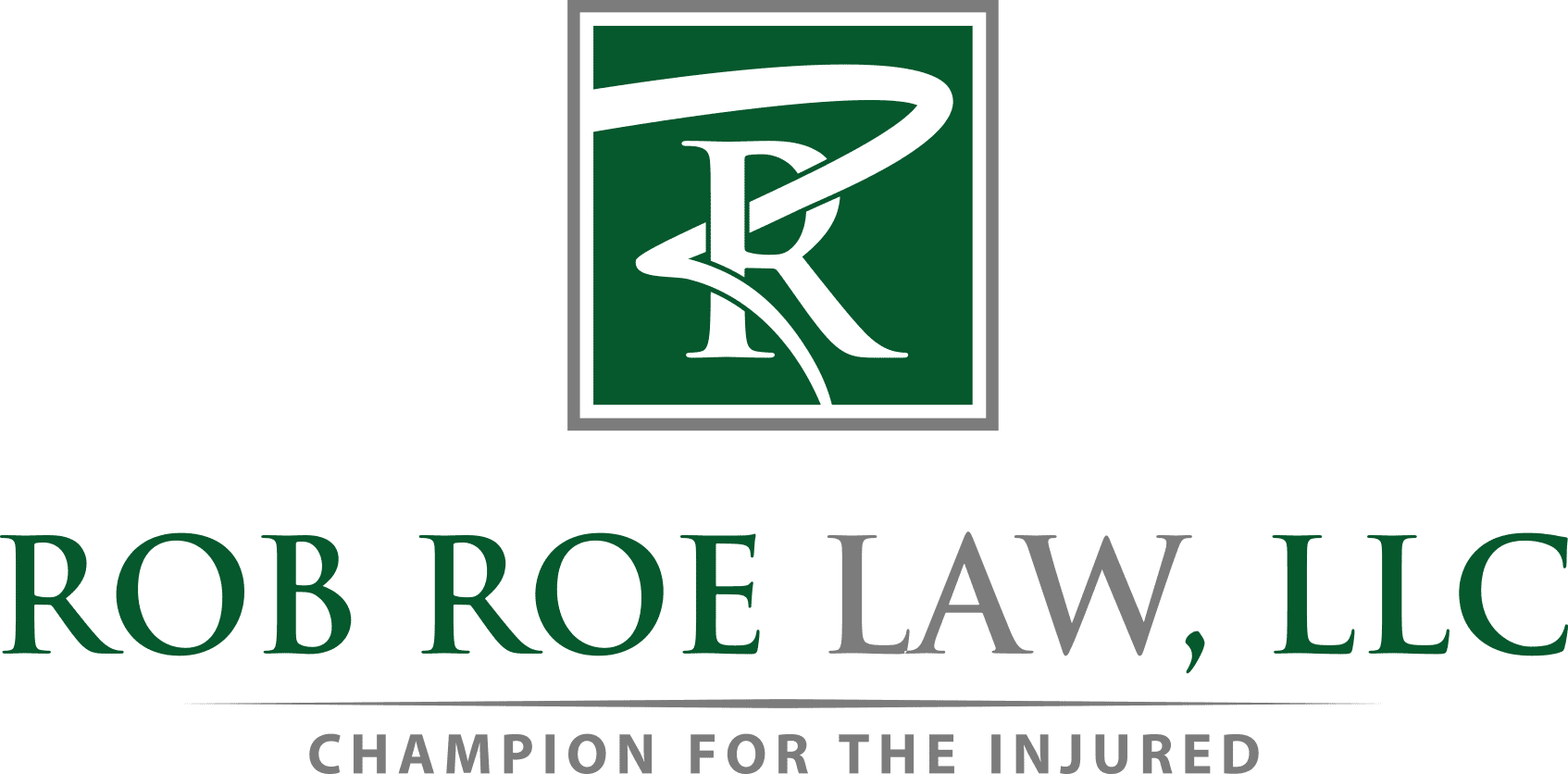Seeking lost wages after a Minnesota car crash helps you replace your lost income and receive financial relief. If your injury is the result of the accident and prevents you from working, you have the right to file a claim for compensation.
Filing a claim for lost wages
First, check to see if your car insurance policy includes coverage for lost wages. Your policy might include Personal Injury Protection (PIP), which often provides compensation for lost wages and other accident-related expenses.
PIP is available in no-fault states, such as Florida and Michigan. No-fault means auto insurance provides coverage for motor vehicle accidents, no matter who is responsible for the accident.
What should you do if your auto coverage doesn’t include PIP? If the other driver is at fault for the accident, you can contact that driver’s insurance company. You might also consider skipping the insurance company and filing a lawsuit against the other driver.
If you include the insurance company, give your employer permission to provide the insurer with your employment information. The insurance company will also likely require you to get a medical examination and provide your medical records.
Proving lost wages
You’ll need to provide proof that you lost wages following the car accident. Also, you must show that your car accident injury is the direct cause of your lost wages.
An official note from your doctor showing how much time you need off from work is important. The note must contain details about your injury and specifically state the injury was sustained during the accident.
Paystubs and additional wage documents are required, as well. Your paystubs before and after the accident can show a reduction in income. It’s possible that you won’t have paystubs if you haven’t worked since the accident. In that case, you can use previous W-2s or tax returns.
There are other ways to show lost wages. For example, a self-employed person likely won’t have paystubs to show. In addition to W-2s and tax returns, a self-employed person can show invoices, receipts, bank statements and other relevant documents showing an income decrease,
You might also need a wage verification letter from your employer. The letter verifies the details of your employment, pay, weekly hours and how many days you’ve missed since the accident.
If you’re self-employed, write your own employment verification letter and attach relevant financial documents. These documents can include BANK statements or tax returns. You might also want to get the letter notarized.
Seeking lost wages requires you to provide details about your income and the injury. Without sufficient information, the insurance company will likely deny your claim.
